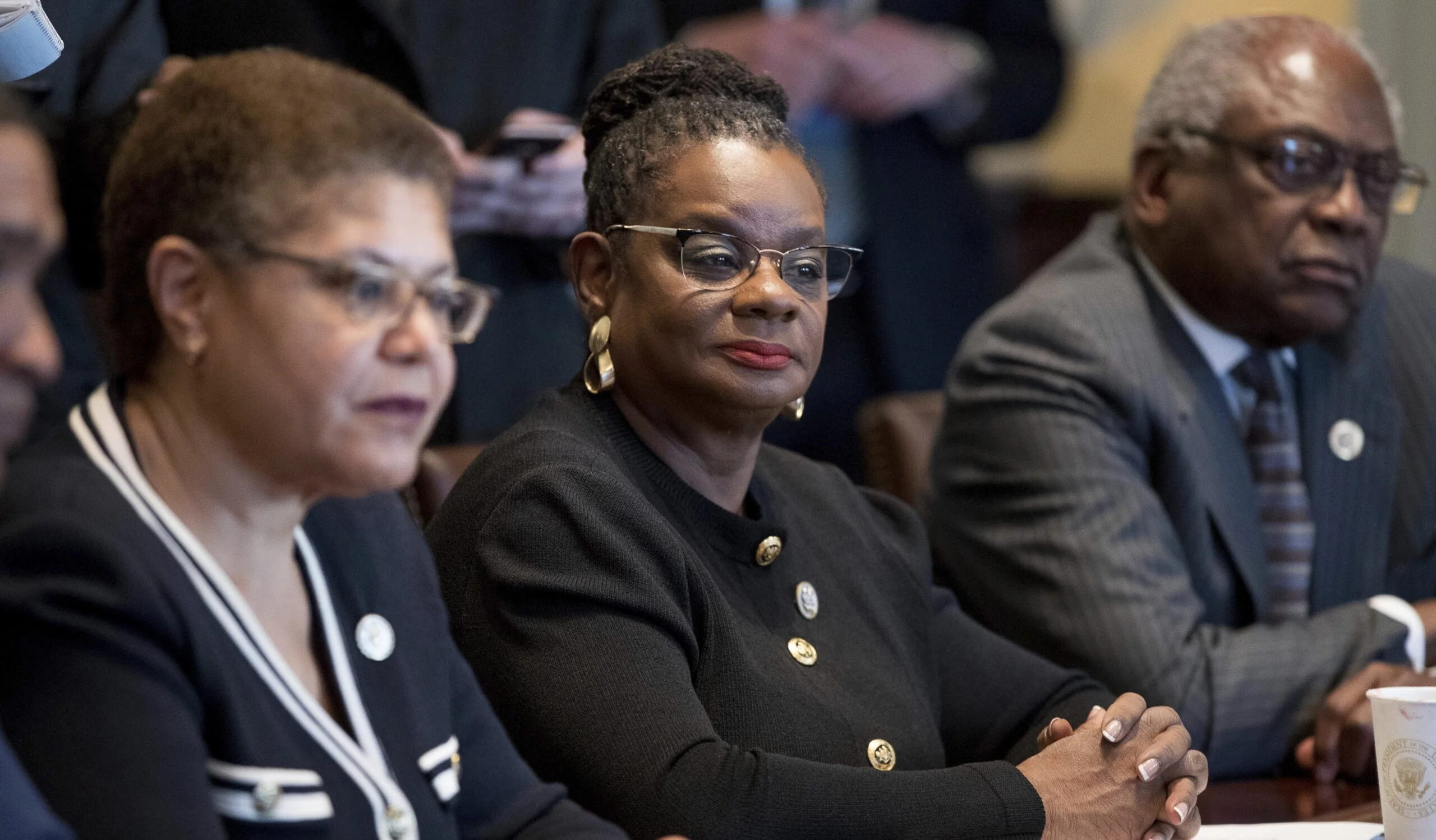Wisconsin News
Wisconsin congressional delegation split on deal reopening government

Despite a bipartisan deal that reopened the federal government Wednesday night, Republicans and Democrats in Wisconsin’s congressional delegation are still dug in along party lines over what the shutdown was all about in the first place.
President Donald Trump signed a short-term bill to fund federal agencies Wednesday night after a handful of Democrats in the U.S. Senate and House voted with Republicans to pass the legislation. None of those Democrats were from Wisconsin. U.S. Sen. Tammy Baldwin; U.S. Rep. Mark Pocan, D-Town of Vermont; and U.S. Rep. Gwen Moore, D-Milwaukee, all voted against the bill.
Throughout the record-breaking 43-day shutdown, Democrats demanded Republicans include an extension of enhanced Affordable Care Act tax credits in the spending bill, claiming health insurance premiums will spike without them. Republicans refused, but agreed to hold a future vote on the subsidies in exchange for the Democratic votes.
In a social media post Thursday, Baldwin stood by her vote.
“I’m not ok raising health care costs on 22 million Americans — it is as simple as that,” she said.
Pocan posted on social media that he voted against the spending bill because it didn’t include the ACA tax credit extension.
“That means millions will have to pay significantly more for their healthcare in the coming months or lose their insurance entirely,” Pocan said. “This will also have a ripple effect leading to rate increases for nearly everyone in this country.”
During an appearance on WPR’s “Wisconsin Today“, Moore said she was “unwilling to be a standard-bearer” for the spending bill because there wasn’t any discussion about preventing an impending surge in ACA premiums. She also said the legislation didn’t address President Trump’s “assault on Congress’ power of the purse.”
Moore pointed to Republicans’ vote in July to roll back $9 billion worth of federal funding for public media and foreign aid, which had been approved by Congress the year before, and said it could happen again with funding included in the bill to reopen the government.
When asked if the shutdown was worth the few concessions Democrats got from Republicans, Moore said, “it was what it was.”
“All we had to express our view was our vote, and we used our vote accordingly,” Moore said. “My constituents said it was well worth it, even though they endured some suffering.”
Moore and Pocan also criticized Republicans in the Senate for including a provision in the bill to allow GOP senators, including Ron Johnson of Wisconsin, to sue for at least $500,000 in damages if their phone records were obtained during the FBI’s investigation of the Jan. 6, 2021 riot at the U.S. Capitol.
Republican members of the state delegation did not see the shutdown as worth it. U.S. Rep. Derrick Van Orden, R-Prairie du Chien, took to social media Thursday to claim all Democrats got in the deal was a new date on the bill to reopen the government.
A statement from U.S. Rep. Scott Fitzgerald, R-Clyman, said he’s “especially encouraged” the legislation passed this week “does not include an extension of Obamacare subsidies.”
“Keeping this debate out of the funding bill is a win for taxpayers and creates an opportunity for meaningful discussions and a plan to reform the system in a way that is more accountable and sustainable,” Fitzgerald said.
U.S. Rep Tom Tiffany, R-Minocqua, claimed on social media Wednesday night that Democrats were putting “politics ahead of the American people” and that Republicans “ended their hostage racket.”
In an interview with Bloomberg ahead of the House vote on the bill, U.S. Rep. Bryan Steil, R-Janesville, said the government shutdown shouldn’t have happened in the first place.
“No one benefits,” Steil said. “A lot of people were hurt. And I think at the end of the day, Democrats will look back and recognize that this was a failure.”
As of Thursday afternoon, Sen. Johnson hadn’t commented on the House passage of the bill to reopen the government. A spokesperson for his office did not immediately respond to a request for comment.
On Tuesday, Johnson did comment on the provision in the bill that would allow him to sue for half a million dollars in damages or more. Johnson said he has “no plans” to do so, but noted that if he did sue, “it would only be for the purpose of using the court records to expose the corrupt weaponization of federal law enforcement” under former President Joe Biden’s administration.
Wisconsin Public Radio, © Copyright 2025, Board of Regents of the University of Wisconsin System and Wisconsin Educational Communications Board.


